
NO&T Asia Legal Review
In a judgment released on 4 March 2022, the Singapore High Court issued its first worldwide Mareva injunction (also known as a freezing injunction) against “persons unknown” for stolen cryptocurrency assets. This follows after the Singapore Court of Appeal’s obiter dicta in 2020 examining whether cryptocurrencies could be a property and the precise nature of such right. Even though the plaintiff in CLM v CLN [2022] SGHC 46 is a citizen of the United States, the suit was commenced in Singapore against persons unknown as first defendants and foreign entities operating cryptocurrency exchanges in Singapore as second and third defendants. The case raised two novel points of law: (1) whether stolen cryptocurrency assets could be the subject of a proprietary injunction, and (2) whether the court had jurisdiction to grant interim orders against persons whose identities were, at the time of the commencement of the suit, unknown. Both questions were answered in the affirmative.
The plaintiff, a United States citizen, commenced an action in the High Court to trace and recover 109.83 Bitcoin (“BTC”) and 1497.54 Ethereum (“ETH”), collectively referred to as the “Stolen Cryptocurrency Assets”, that were allegedly misappropriated from him by unidentified persons (referred to as the first defendants). As a portion of the Stolen Cryptocurrency Assets had been traced to digital wallets that were controlled by cryptocurrency exchanges with operations in Singapore, the entities that were incorporated in the Cayman Islands and Seychelles were named as second and third defendants. It was made clear that the exchanges were considered innocent third parties and the plaintiff did not make substantive claims against them other than for disclosure of information and documents collected by the exchanges for the relevant accounts through which some of the Stolen Cryptocurrency Assets were moved, and transaction details of these accounts.
The plaintiff alleged that on 7 January 2021, upon enlisting an acquaintance’s assistance in accessing a safe in his apartment in Mexico, the safe combination was revealed to six of his acquaintances. At 8pm the next day, the plaintiff discovered that his BTC and ETH in his Exodus and BRD wallets had been withdrawn without his knowledge or consent. He believes that the recovery seeds for his cryptocurrency wallets were stolen from his safe and used to transfer the Stolen Cryptocurrency Assets, worth about USD 7 million in total.
Some of the Stolen Cryptocurrency Assets were traced to certain wallet addresses controlled by the second and third defendants (cryptocurrency exchanges). The plaintiff sought a proprietary injunction as well as a worldwide Mareva injunction (worldwide freezing injunction) against the first defendants, who were persons unknown. A proprietary injunction is an interim order that can be granted by a court in support of a claim for proprietary relief, and as such fastens on a specific asset in which a plaintiff asserts proprietary interest. It prevents a defendant from dealing with that asset and its traceable proceeds. On the other hand, a Mareva injunction is granted in support of claims for personal relief. It is ambulatory and does not latch on to any specific asset. Instead, a Mareva injunction prevents the defendant from dissipating his or her assets beyond a certain value to defeat a possible judgment that may in due course be rendered against him or her.
As proprietary injunctions can only be granted in support of a proprietary relief sought in the main claim, the Court had to first be persuaded that cryptocurrencies were capable of giving rise to proprietary rights. The High Court reviewed the Court of Appeal’s examination of the definition of a property right in Quoine Pte Ltd v B2C2 Ltd [2020] 2 SLR 20, applying the classic definition of a property right in the seminal case of National Provincial Bank Ltd v Ainsworth [1965] AC 1175 that it “must be definable, identifiable by third parties, capable in its nature of assumption by third parties, and have some degree of permanence or stability.”
Drawing from Singapore, UK and New Zealand case law, the High Court was persuaded that cryptocurrencies satisfied the definition of a property right, being computer-readable strings of characters tied to an account which enabled its definition, which could only be controlled to the exclusion of others by private keys of the owner, thereby satisfying the second requirement that the right must be “identifiable by third parties”. Under the third requirement that the right must be “capable of assumption by third parties”, third parties must respect the rights of the owner in that asset, and the asset must be potentially desirable – a requirement that was satisfied by the existence of active trading markets for cryptocurrencies. The High Court also found that the blockchain technology provides a certain degree of permanence or stability for cryptocurrencies.
In sum, the High Court held that cryptocurrencies were capable of giving rise to proprietary rights, and granted a proprietary injunction for the Stolen Cryptocurrency Assets as against the first defendants on the basis that there was a serious issue to be tried and that the balance of convenience was in favor of granting the injunction.
The ability to operate anonymously, or at least under pseudonyms, is one of the central tenets (and probably a main attraction) of cryptocurrencies. In the plaintiff’s case, where the Stolen Cryptocurrency Assets that were transferred without his knowledge or consent, even though he was able to trace the movement of the BTC and ETH, he faced layers of anonymization techniques used by the perpetrators that masked their true identities. This was through the use of Virtual Private Network services that obscured the locations from which the perpetrators had accessed their accounts on the second and third defendants. Moreover, the physical addresses used to register the perpetrators’ accounts on the second and third defendants were not necessarily properly verified, which made it hard to discover their identities even with the cryptocurrency exchanges’ cooperation in disclosing information on those accounts.
Following UK and Malaysian precedents, the Singapore High Court held that it could grant interim orders against persons unknown, so long as they were described with sufficient certainty as to who were included and excluded. The Court found that the description of the first defendants as “any person or entity who carried out, participated in or assisted in the theft of the Plaintiff’s Cryptocurrency Assets on or around 8 January 2021, save for the provision of cryptocurrency hosting or trading facilities” was sufficiently certain.
The Singapore High Court’s decision further cements cryptocurrency’s legal standing as a valuable property right that can and will receive protection under the law. Although the proprietary and Mareva injunction orders are not decisions on the merits per se, this is nevertheless a welcome development following the Court of Appeal’s detailed commentary on the nature of cryptocurrencies and the ability of owners of such intangible assets to exercise and enforce his or her rights to the exclusion of third parties, a crucial concept under property law. This case further illustrates that cryptocurrency exchanges are limited in their ability to actually prevent the fraudulent transfer of cryptocurrency assets; they are not likely to be able to play a significant role in preventing actual dissipation of assets, and it is up to owners to be diligent with the device(s) and private keys used to operate their cryptocurrency accounts.
This newsletter is given as general information for reference purposes only and therefore does not constitute our firm’s legal advice. Any opinion stated in this newsletter is a personal view of the author(s) and not our firm’s official view. For any specific matter or legal issue, please do not rely on this newsletter but make sure to consult a legal adviser. We would be delighted to answer your questions, if any.
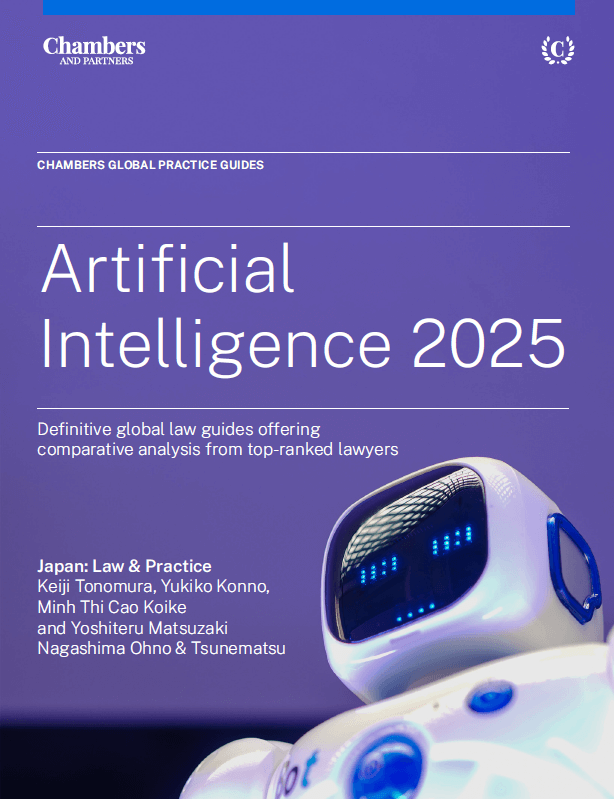

(June 2025)
Keiji Tonomura, Yukiko Konno, Minh Thi Cao Koike, Yoshiteru Matsuzaki (Co-author), Masahiro Kondo (Contributor)


(April 2025)
Keiji Tonomura, Akira Komatsu (Co-author)
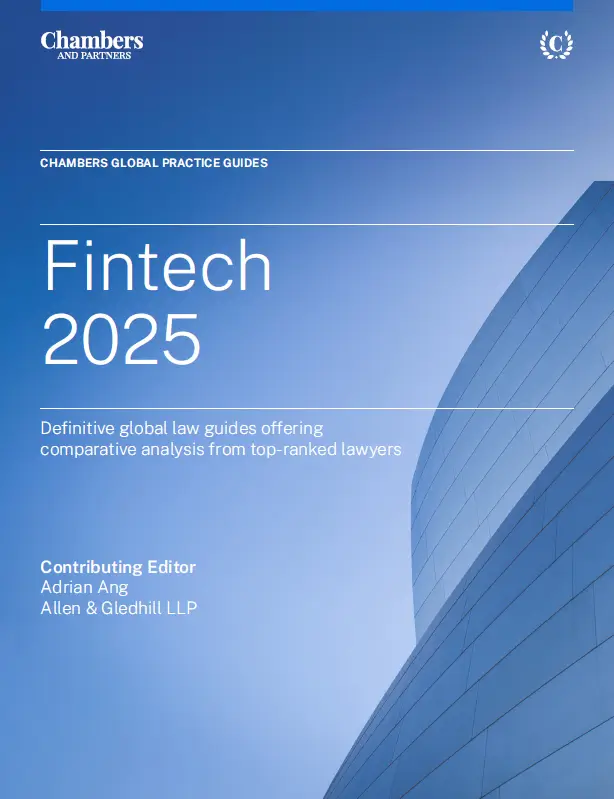

(April 2025)
Keiji Tonomura, Shu Sasaki, Kazuyuki Ohno, Otoki Shimizu (Co-author)


Poonyisa Sornchangwat, Kwanchanok Jantakram (Co-author)
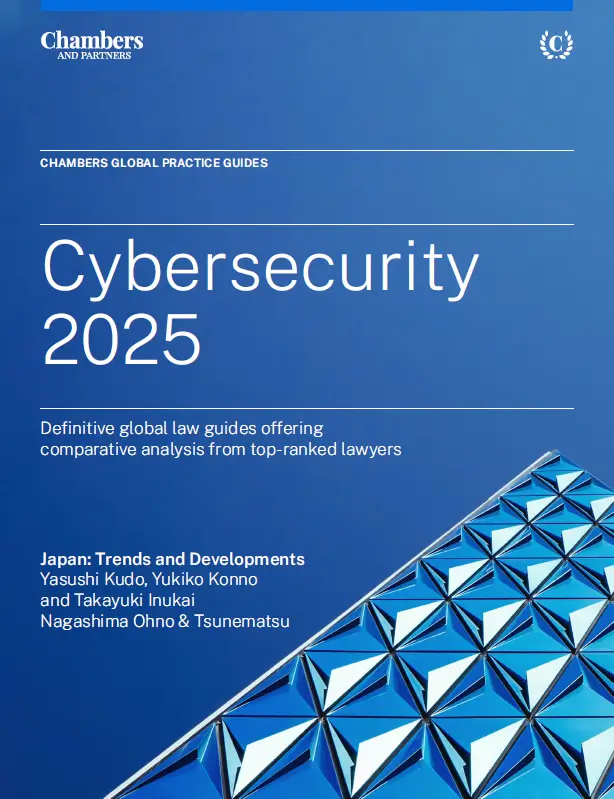

(March 2025)
Yasushi Kudo, Yukiko Konno, Takayuki Inukai (Co-author)


Nga Tran
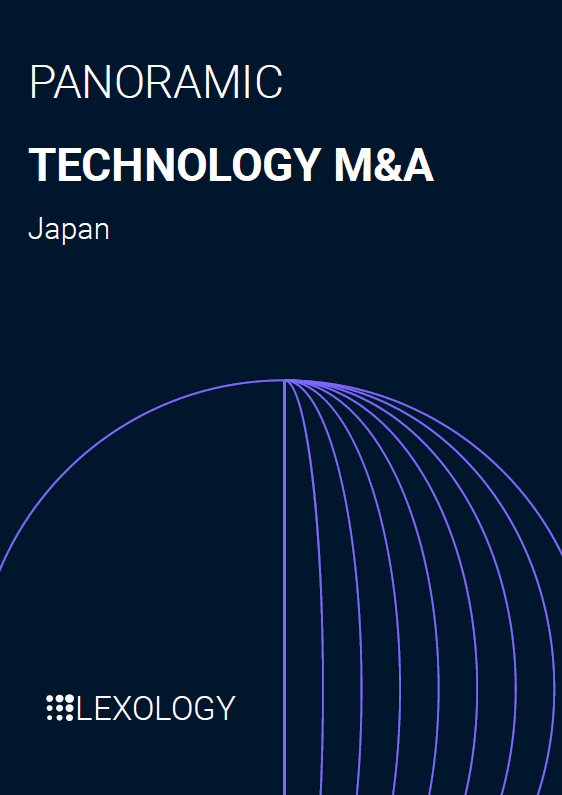

(November 2024)
Keiji Tonomura, Masaki Mizukoshi, Uchu Takehara, Hitomi Kono (Co-author)


(October 2024)
Yasushi Kudo, Tsubasa Watanabe, Hayato Maruta (Co-author)


(April 2025)
Keiji Tonomura, Akira Komatsu (Co-author)


Poonyisa Sornchangwat, Kwanchanok Jantakram (Co-author)
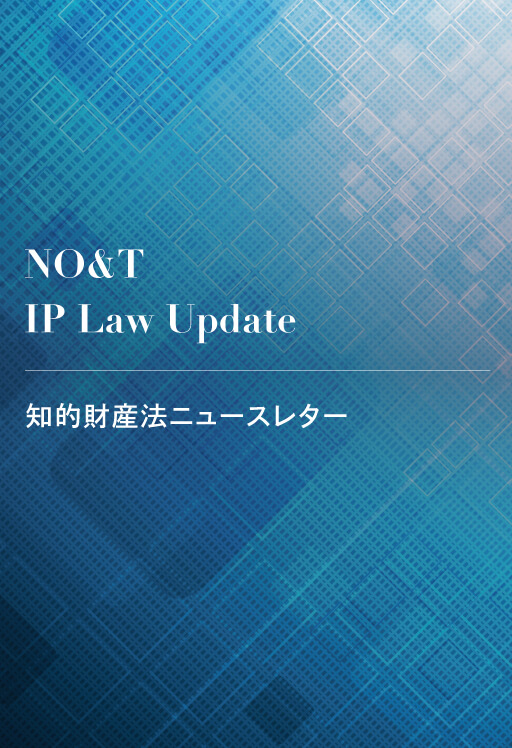

Kenji Tosaki, Takahiro Hatori, Nozomi Kato (Co-author)
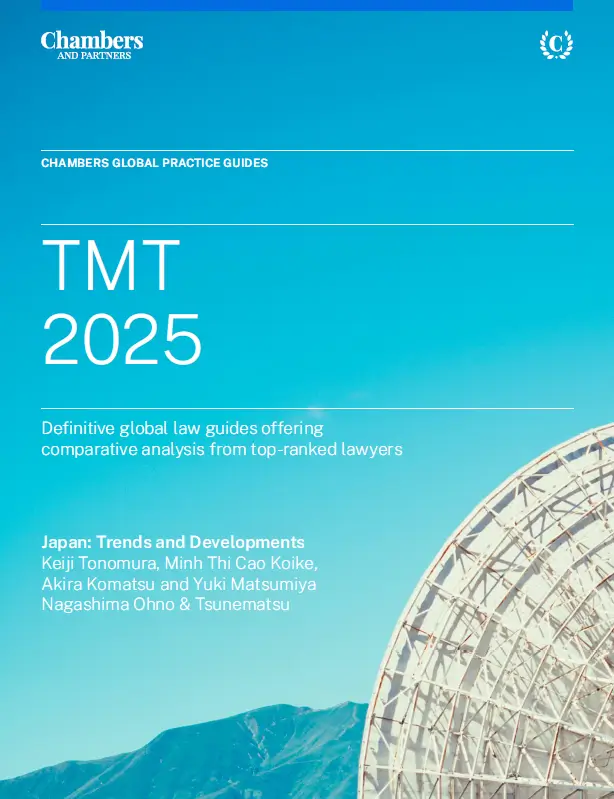

(February 2025)
Keiji Tonomura, Minh Thi Cao Koike, Akira Komatsu, Yuki Matsumiya (Co-author)


(April 2025)
Keiji Tonomura, Shu Sasaki, Kazuyuki Ohno, Otoki Shimizu (Co-author)


Yuan Yao Lee
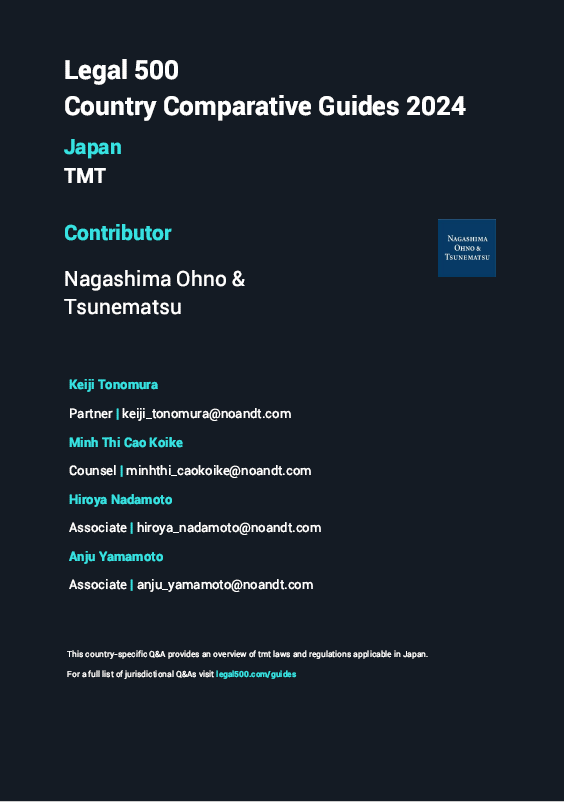

(August 2024)
Keiji Tonomura, Minh Thi Cao Koike, Hiroya Nadamoto, Anju Yamamoto (Co-author)
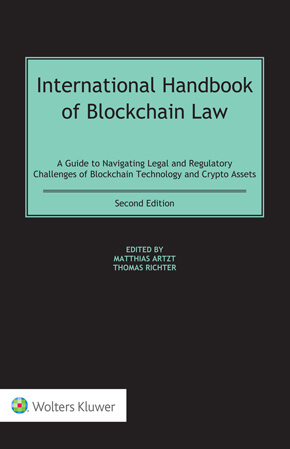

Wolters Kluwer (August 2024)
Takashi Itokawa (Co-author)
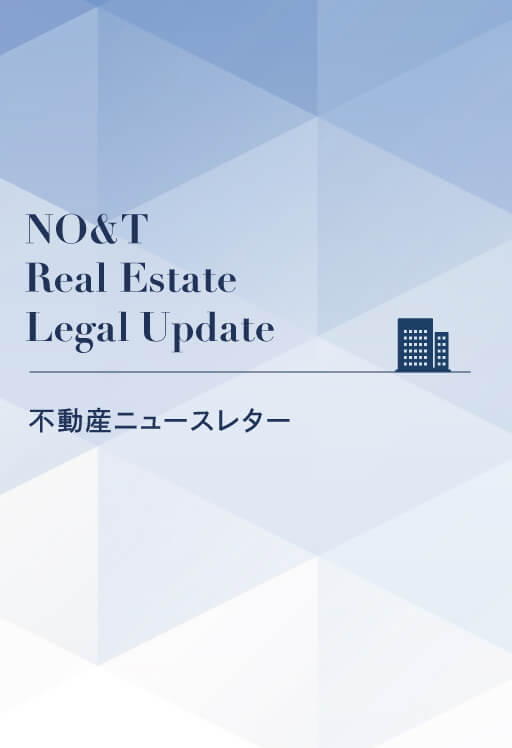

Makoto Saito, Shinichiro Horaguchi, Yoshihisa Watanabe, Ramsay Randall (Co-author)


Makoto Saito, Shinichiro Horaguchi, Yoshihisa Watanabe, Ramsay Randall (Co-author)


Takehito Matsumoto
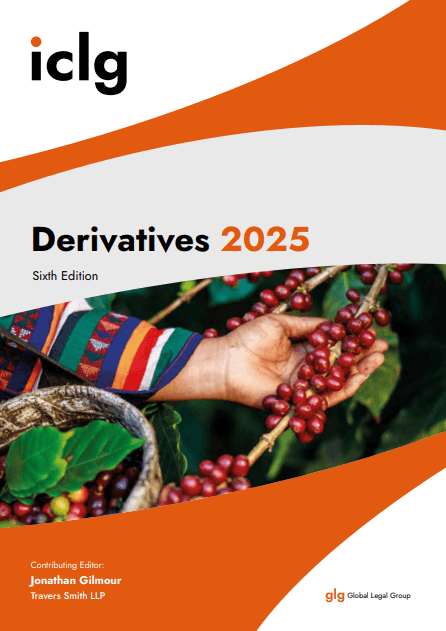

(June 2025)
Ichiro Oya, Masayuki Fukuda, Hideaki Suda, Tsutomu Endo (Co-author)
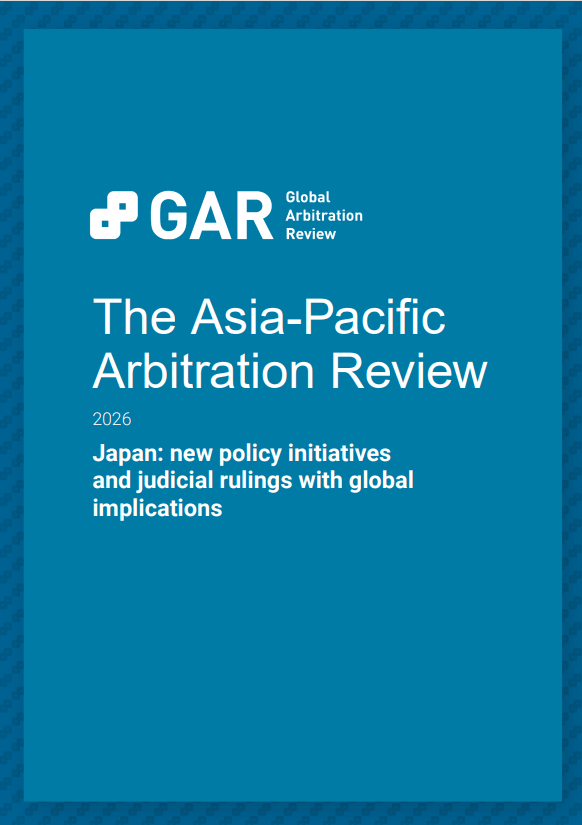

(May 2025)
Yoshimi Ohara, Shota Toda, Annia Hsu (Co-author)


Patricia O. Ko


Hiroki Tajima


Kenji Tosaki, Takahito Hirayama (Co-author)


Hiroki Tajima


(February 2025)
Koki Yanagisawa, Hiroyuki Ebisawa (Co-author)


Kara Quek, Kennosuke Muro (Co-author)


Annia Hsu, Kennosuke Muro (Co-author)


(February 2025)
Koki Yanagisawa, Hiroyuki Ebisawa (Co-author)


Kara Quek, Kennosuke Muro (Co-author)


Annia Hsu, Kennosuke Muro (Co-author)


Claire Chong, Kennosuke Muro (Co-author)


Patricia O. Ko


Ngoc Hoang


Yuan Yao Lee


Chattong Sunthorn-opas, Thunsinee Sungmongkol (Co-author)


Patricia O. Ko


Ngoc Hoang


Yuan Yao Lee


Chattong Sunthorn-opas, Thunsinee Sungmongkol (Co-author)


Kara Quek, Kennosuke Muro (Co-author)


Annia Hsu, Kennosuke Muro (Co-author)


Claire Chong, Kennosuke Muro (Co-author)


Bertrice Hsu, Yuji Ibaraki (Co-author)